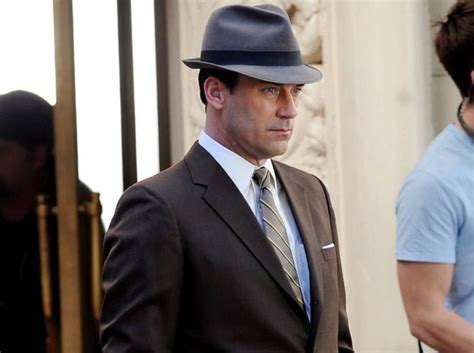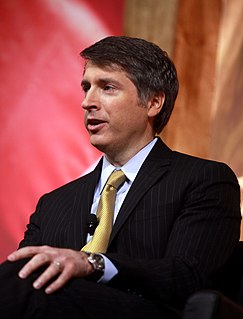A Quote by Annalee Newitz
My first goal would be to reduce the perturbation in the carbon cycle. That would mean using carbon neutral sources of energy, and changing our agricultural practices to be less disruptive and polluting. I'm not talking about a policy here so much as changing the way our infrastructure works. That's why I'm so fascinated with changing the way we build cities, because they are the most developed forms of physical infrastructure for human habitation.
Related Quotes
The first thing we can do as individuals and as communities, like a school or a university or a church, is cut our energy use. Do an energy audit or measure our carbon footprint using online carbon calculators that are free, easy, and cheap. Get a list of the ways that we can stop wasting so much energy and save money.
There would be a cost for dumping carbon into our atmosphere and a cap on total emissions. The government must make a clear and firm decision - terminating the idea in our society it is free to pump infinite amounts of carbon into the air. Once that happens, private capital will flow even more aggressively into developing and deploying the alternative, less-polluting technologies.
For carbon-neutral cities, there are things worth talking about in how our consumption patterns can change - sharing goods, etc. - but those are a fraction of the impacts of transportation and building energy use. If we need to choose priority actions, the most important things are to densify, provide transit, and green the buildings.
We're talking about should we increase taxes? Why not put a tax on carbon emissions. It would raise a lot of money, it would reduce the environmental damages in the future, it would solve so many problems, and it would be a much more constructive thing to do than to think about raising the income tax.
Cities can be the engine of social equity and economic opportunity. They can help us reduce our carbon footprint and protect the global environment. That is why it is so important that we work together to build the capacity of mayors and all those concerned in planning and running sustainable cities.
The horn of dilemma of energy politics is what really drives concern about this energy in this country, at the gut level for most people, is high gas prices. And if you really want to fight global warming and try to reduce our carbon emissions, the cleanest, easiest, most rational way to do it would to make the price of gas even higher through very stiff gas prices.
Despite my deep misgivings about austerity and the harm it would do, I agreed to chair the national infrastructure commission under a Tory government, because I believed that delivering infrastructure investment could help build a brighter future for businesses and families. I am a pragmatist. I do what works.
































